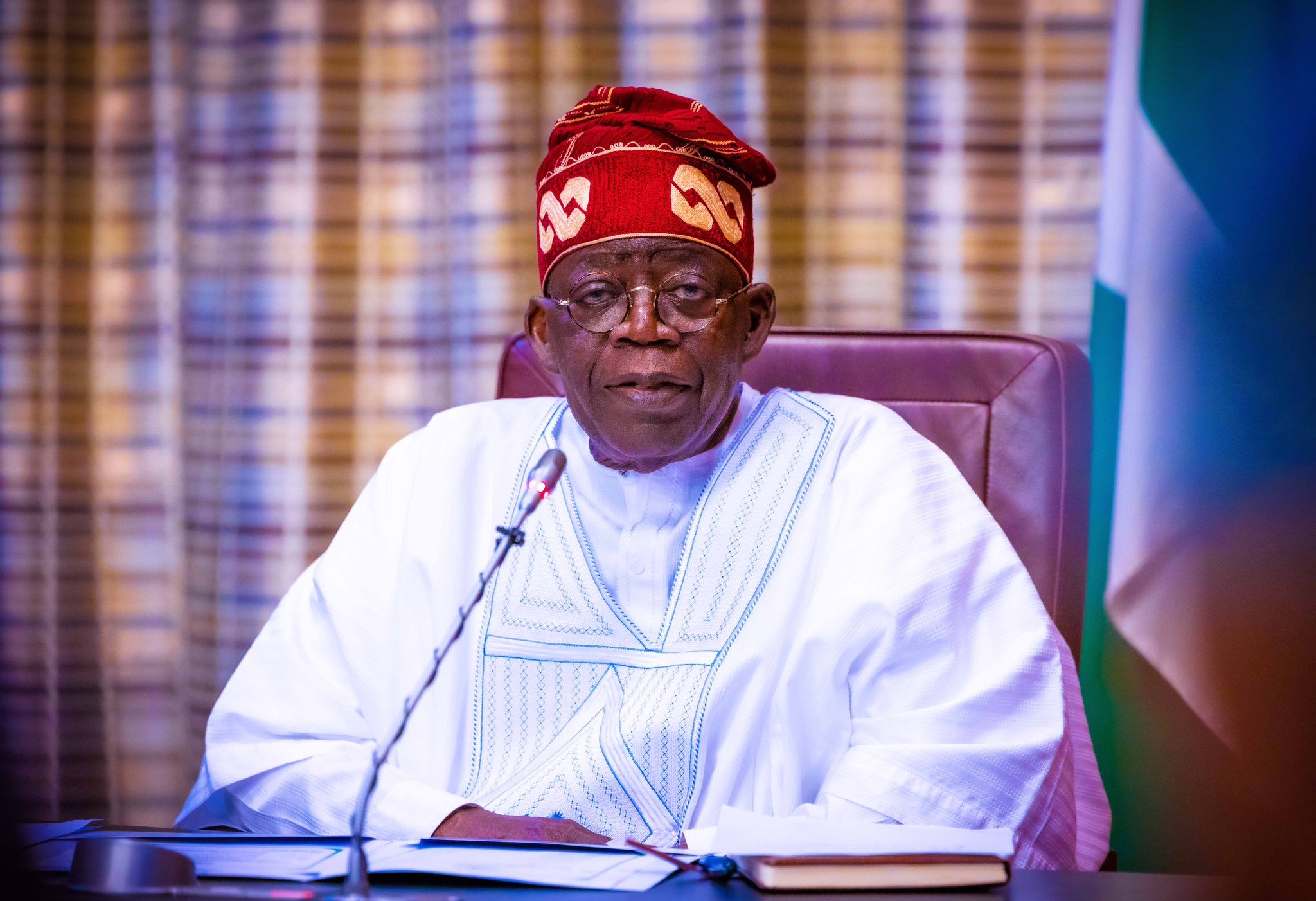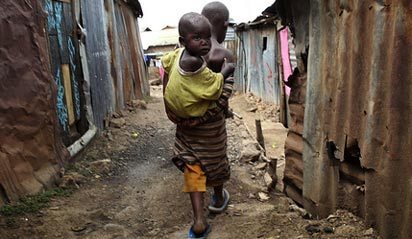Subsidy Removal: 12m low-income families to get ₦8000 for 6 months
By Muhammad Abdurrahman In a letter addressed to the House of Representatives, President Bola Ahmed Tinubu stated that 12 million families will receive N8,000 for a duration of six months.…


